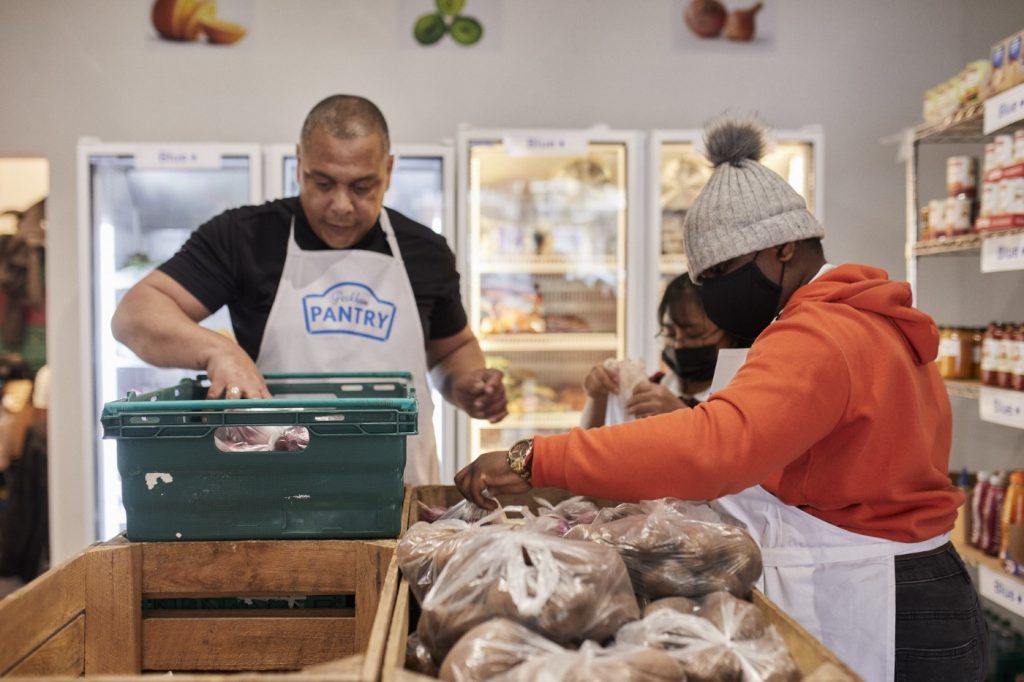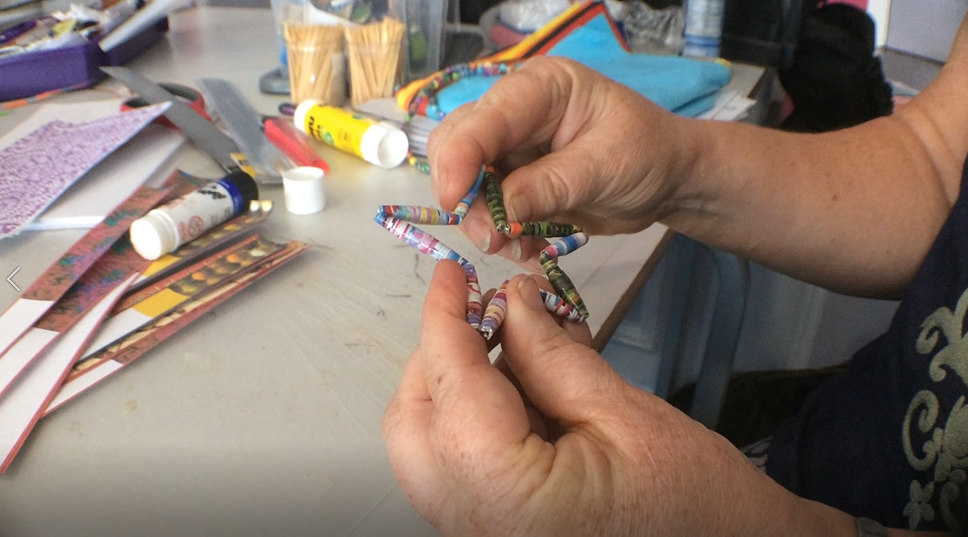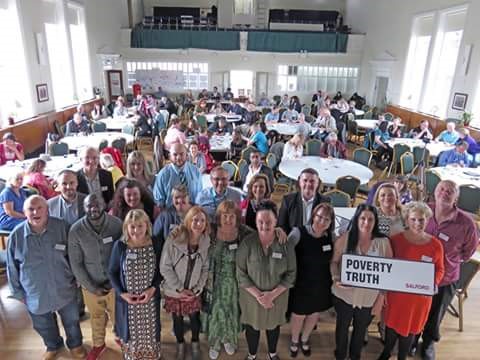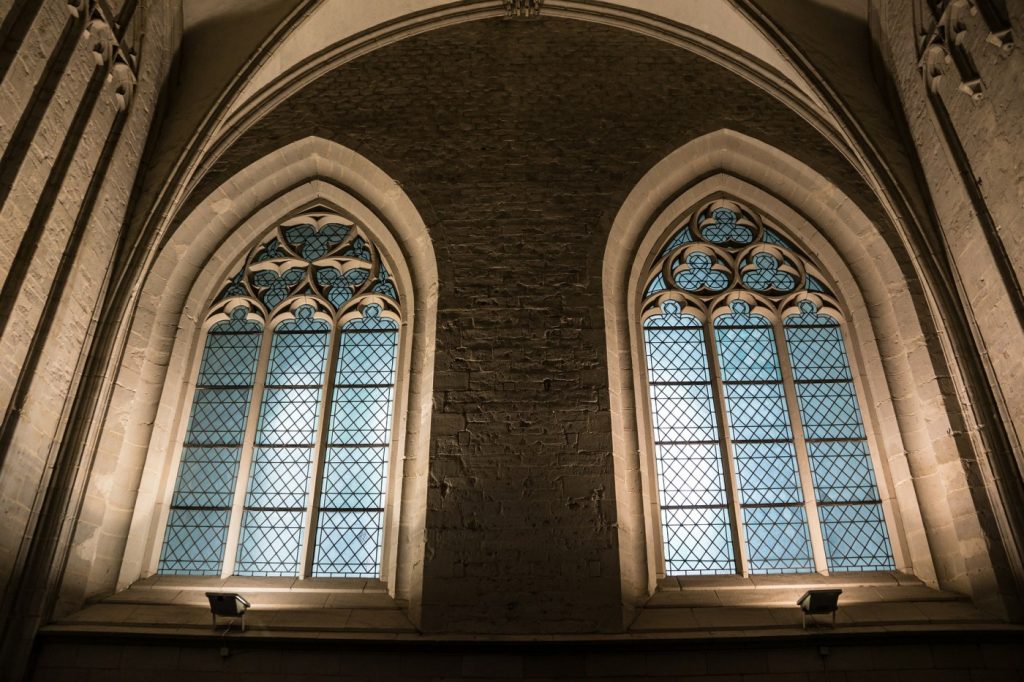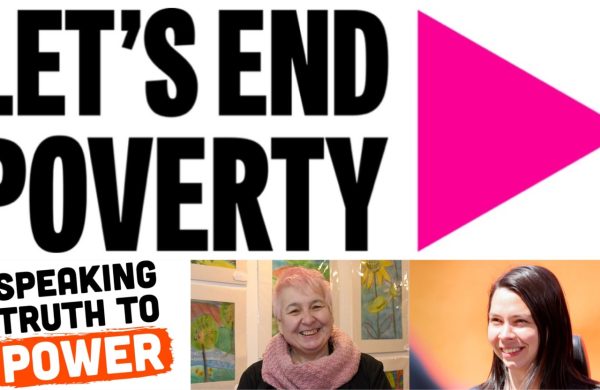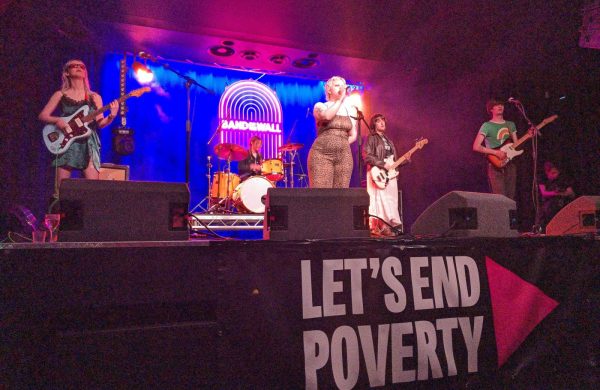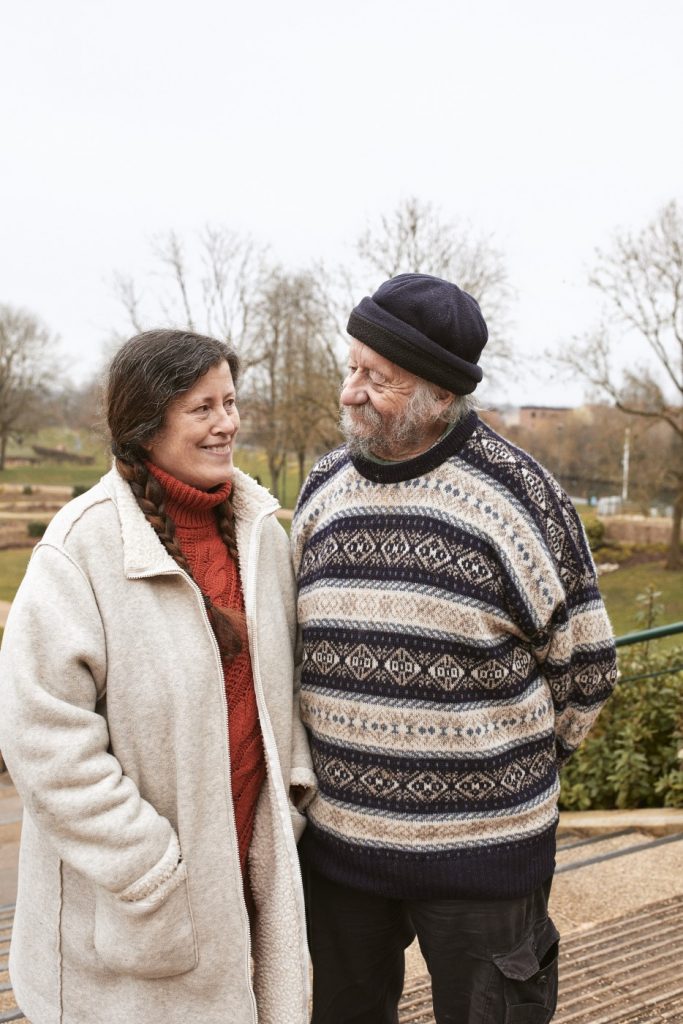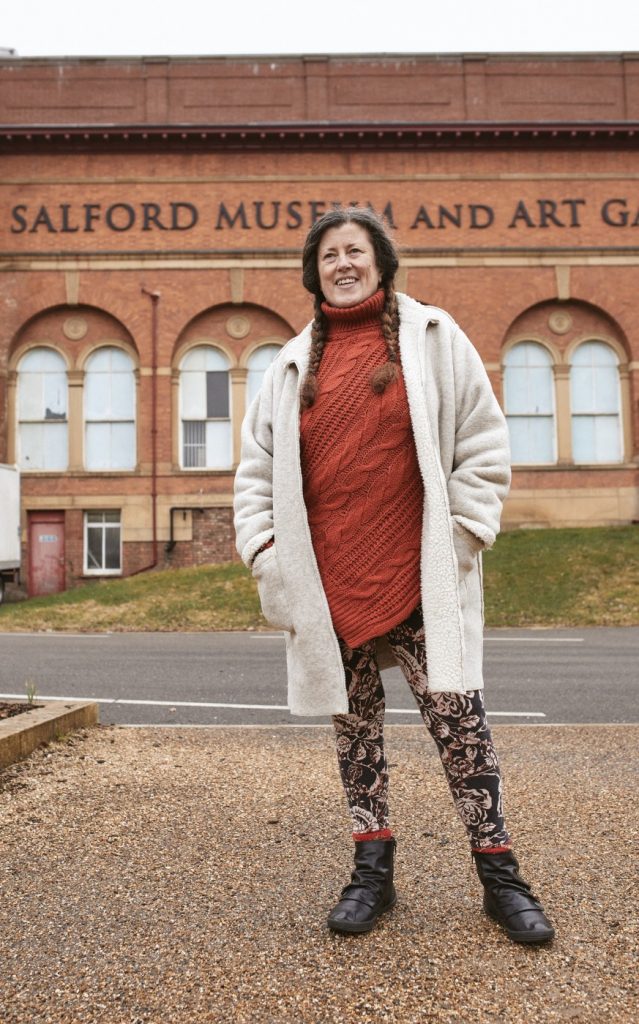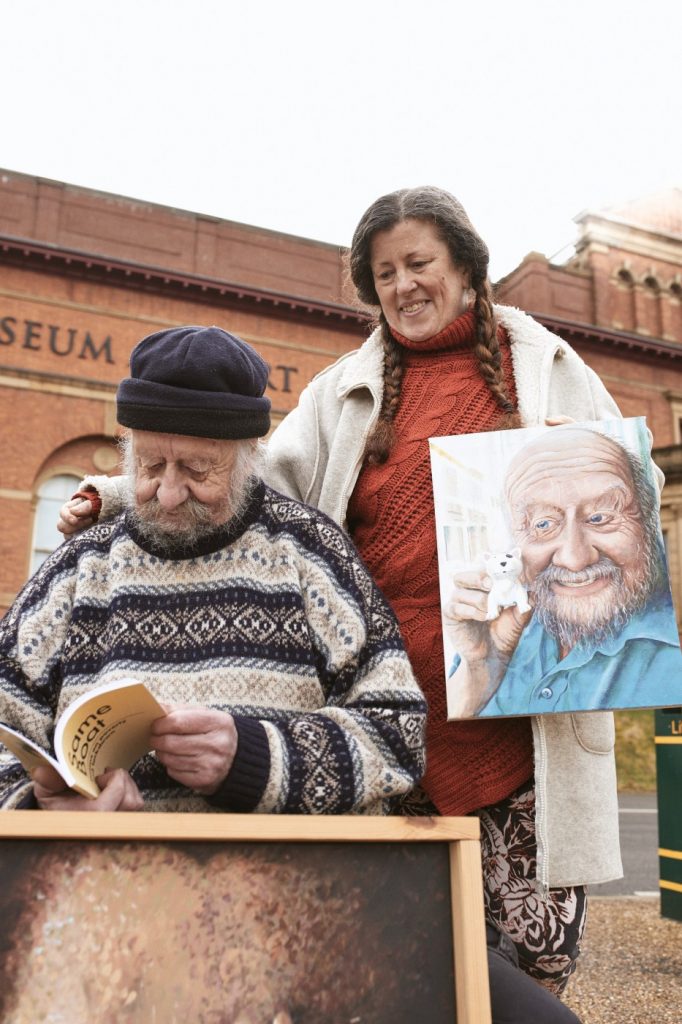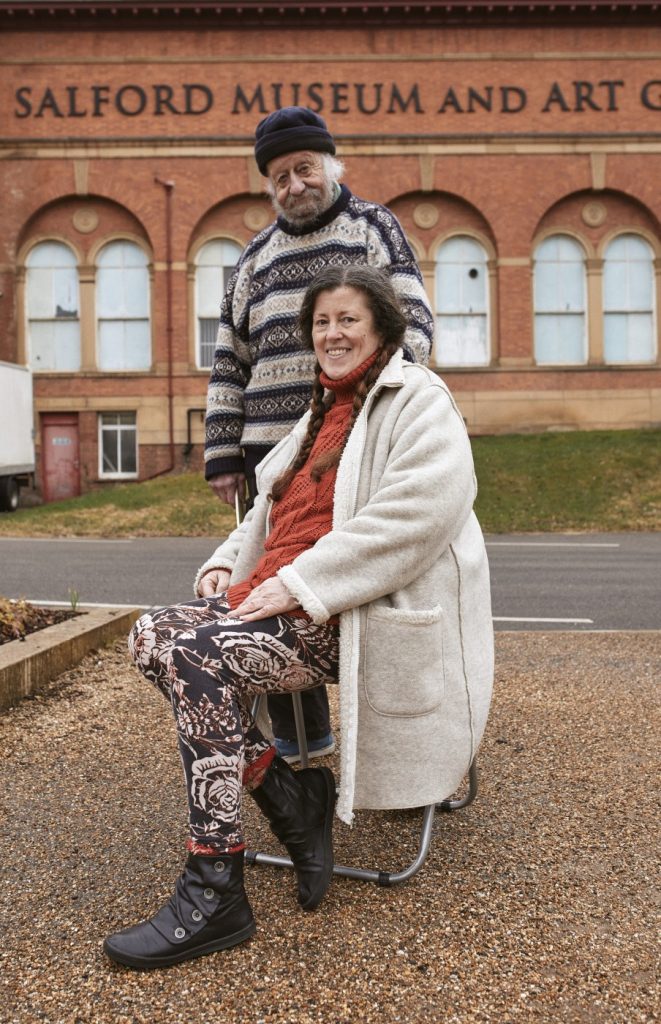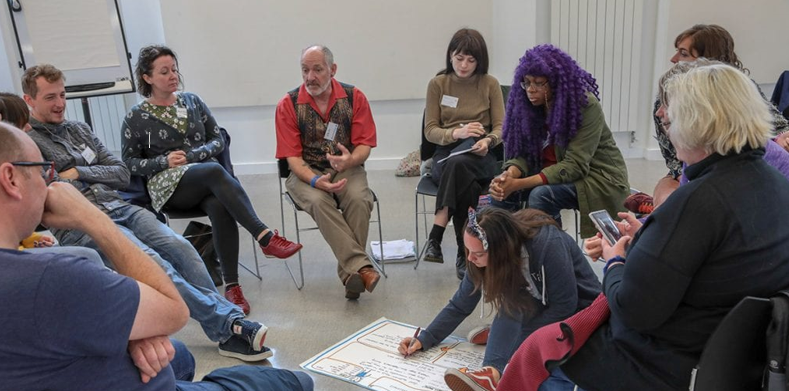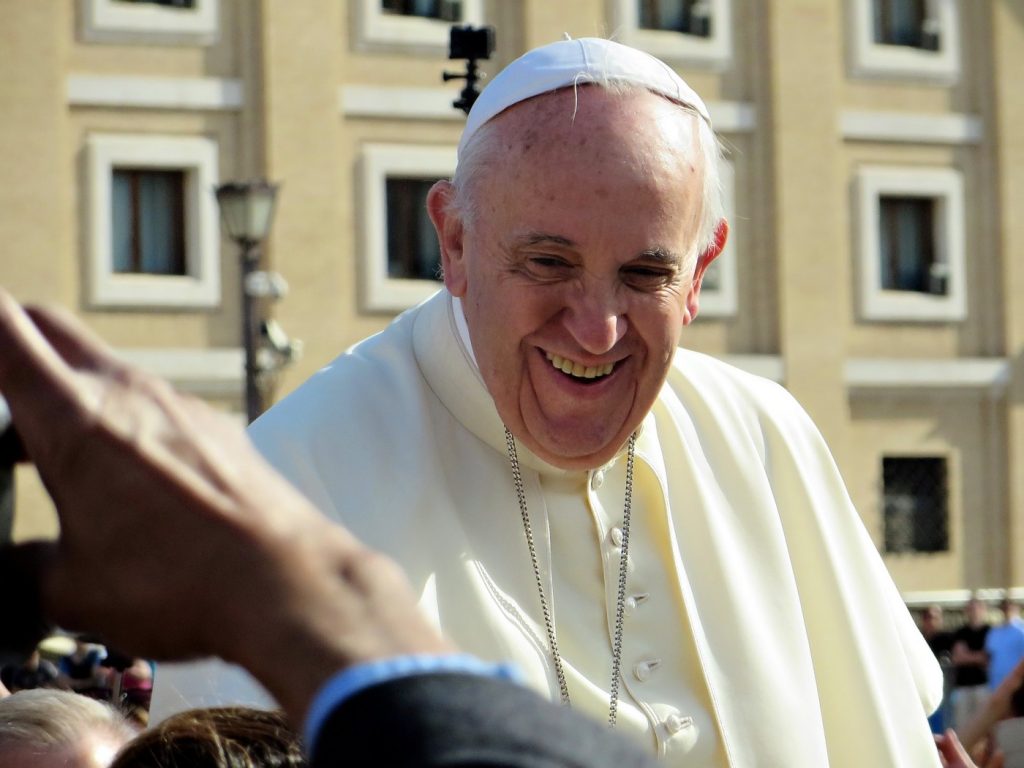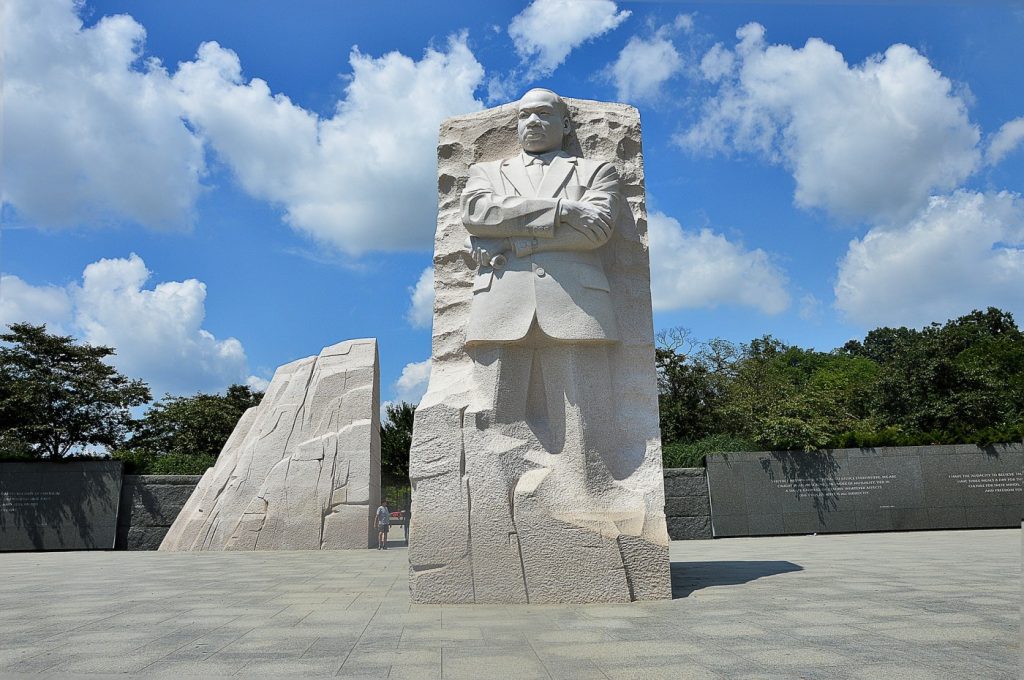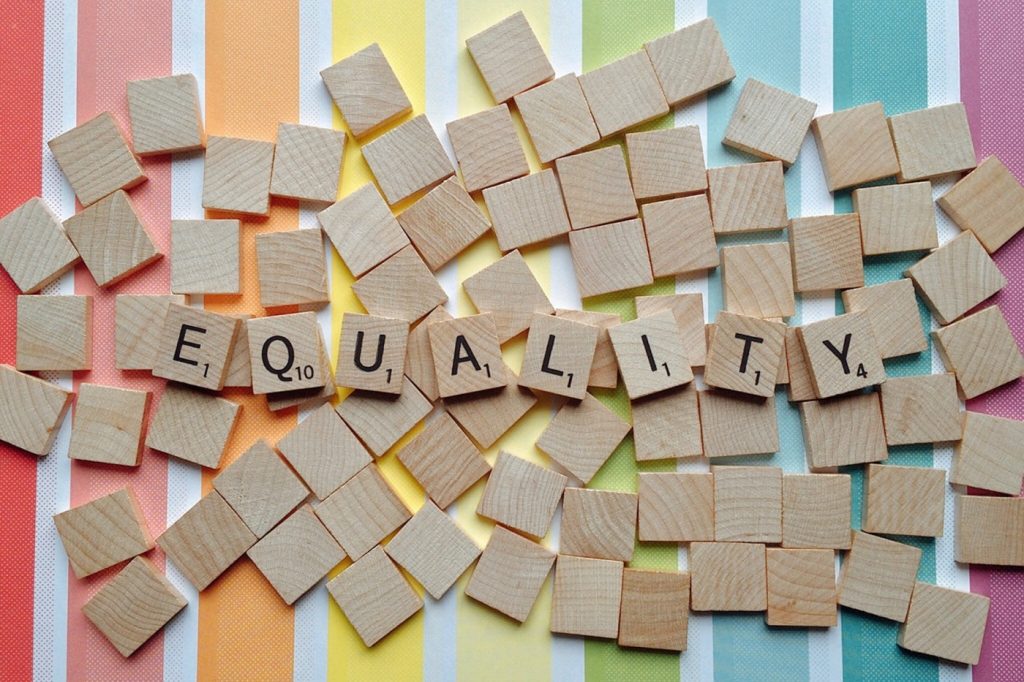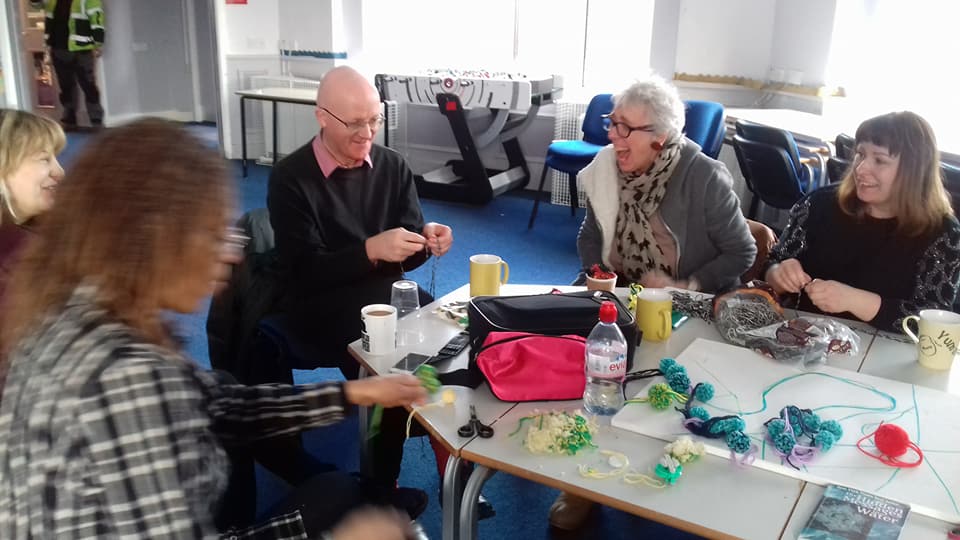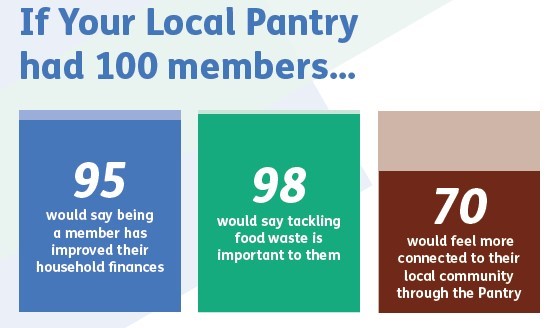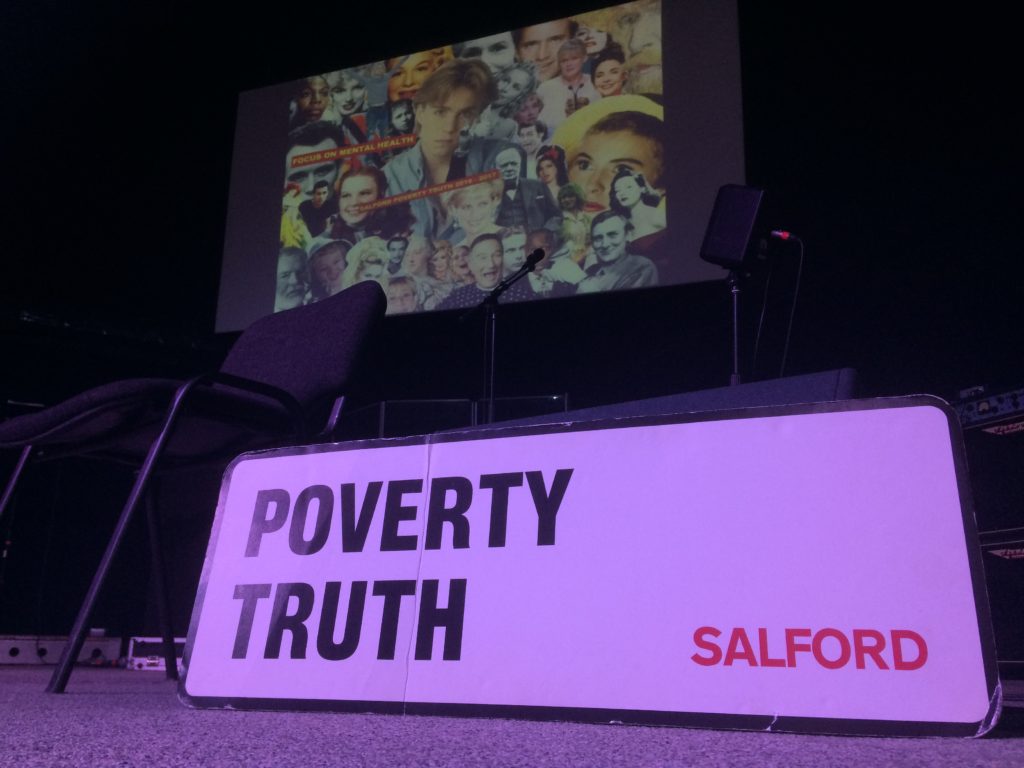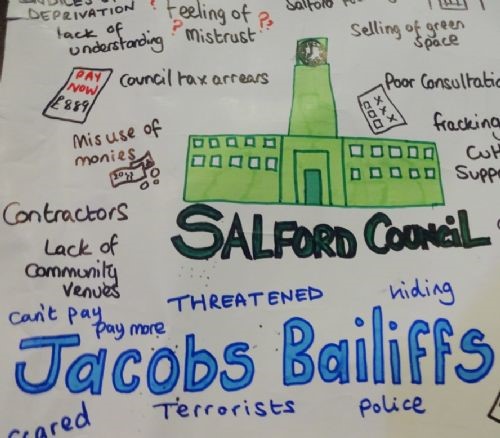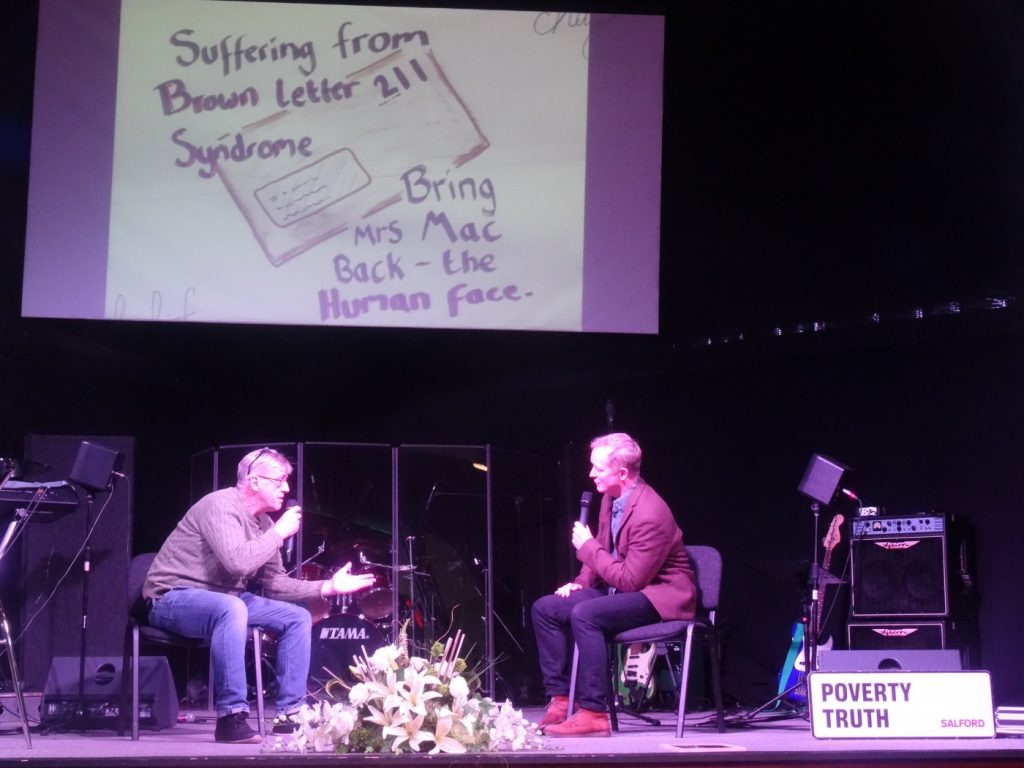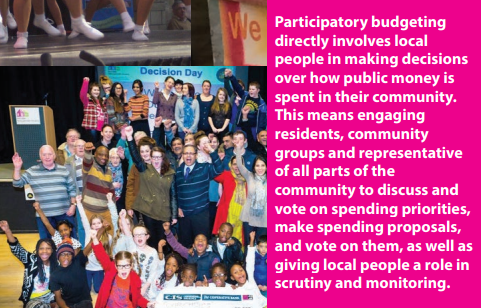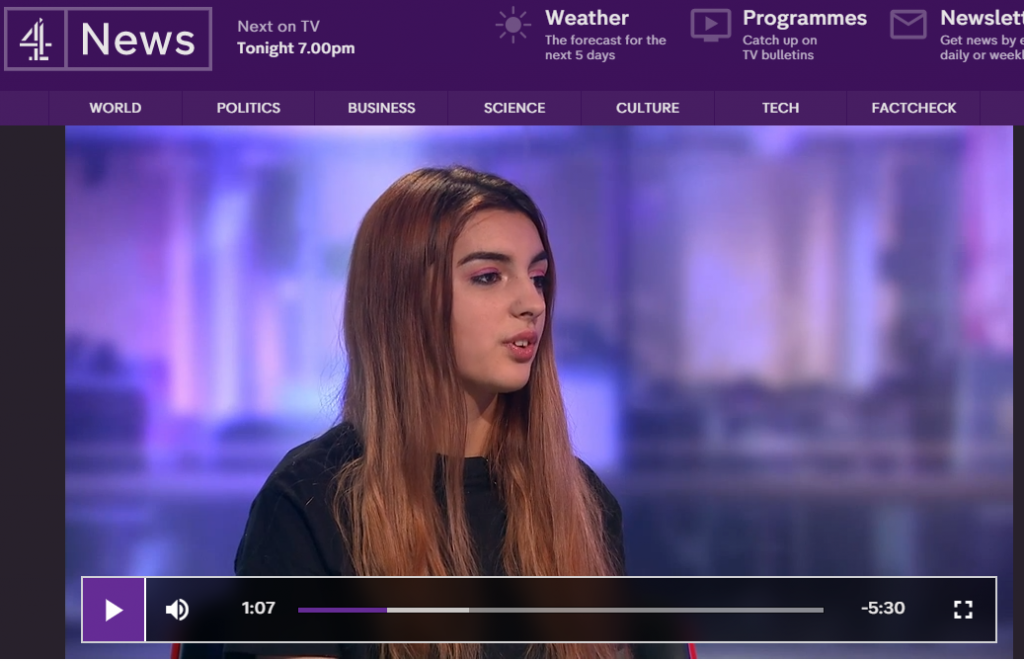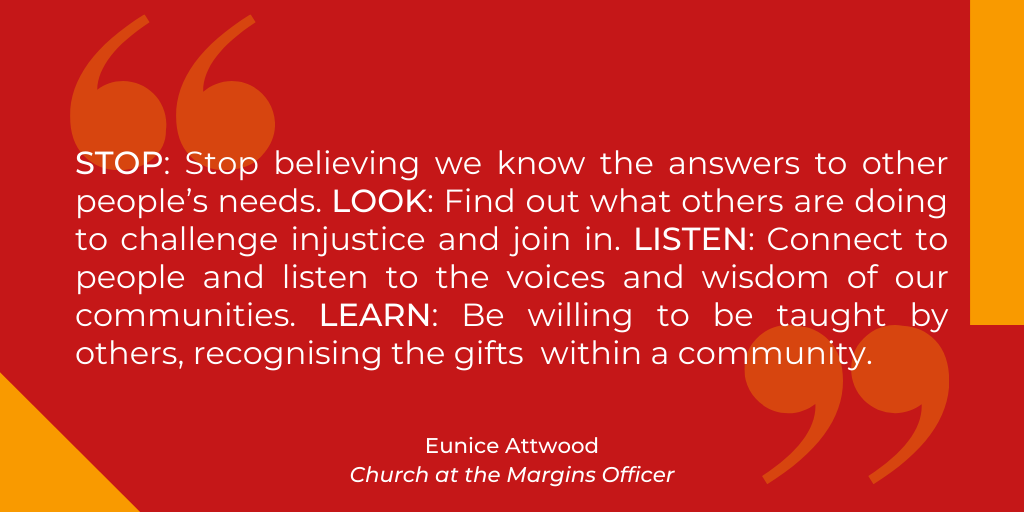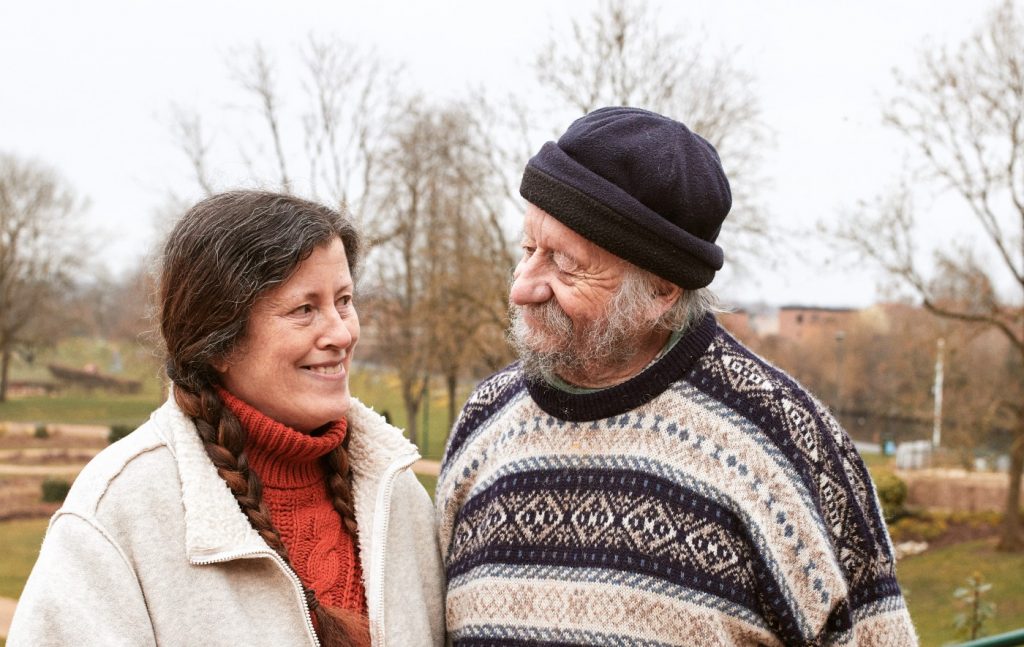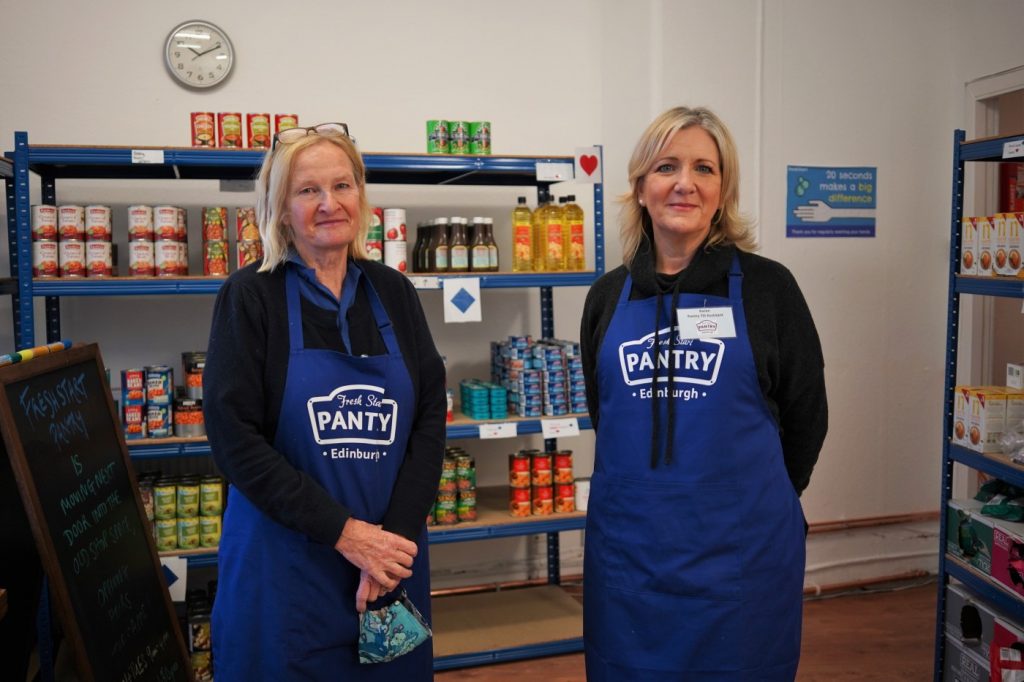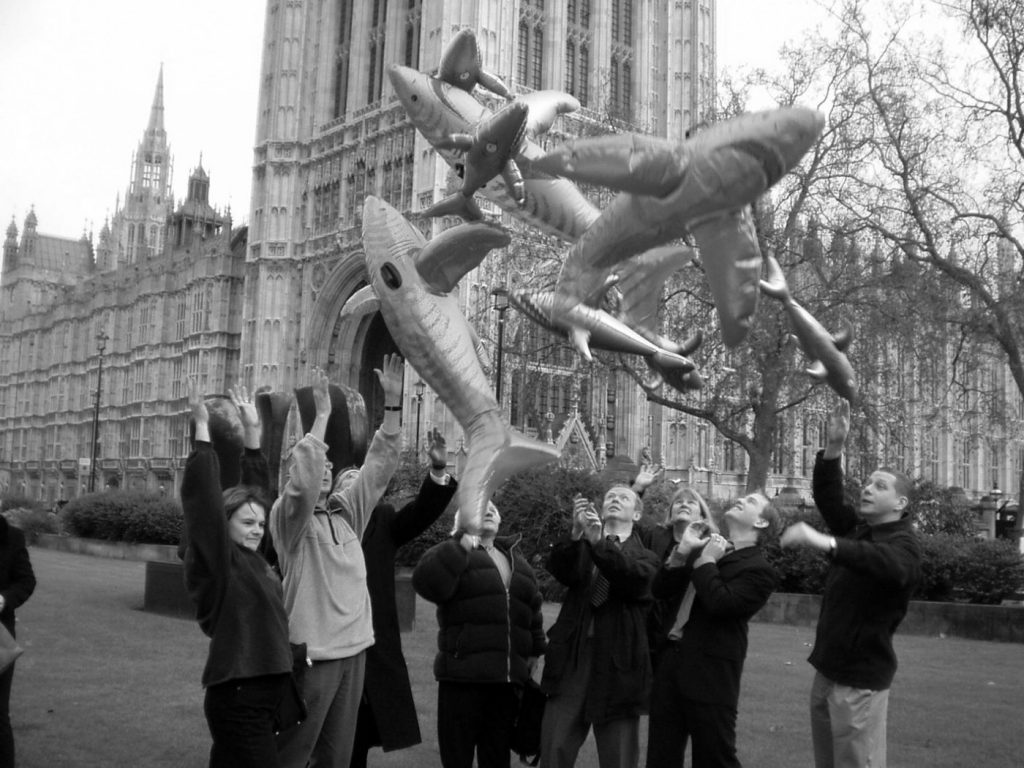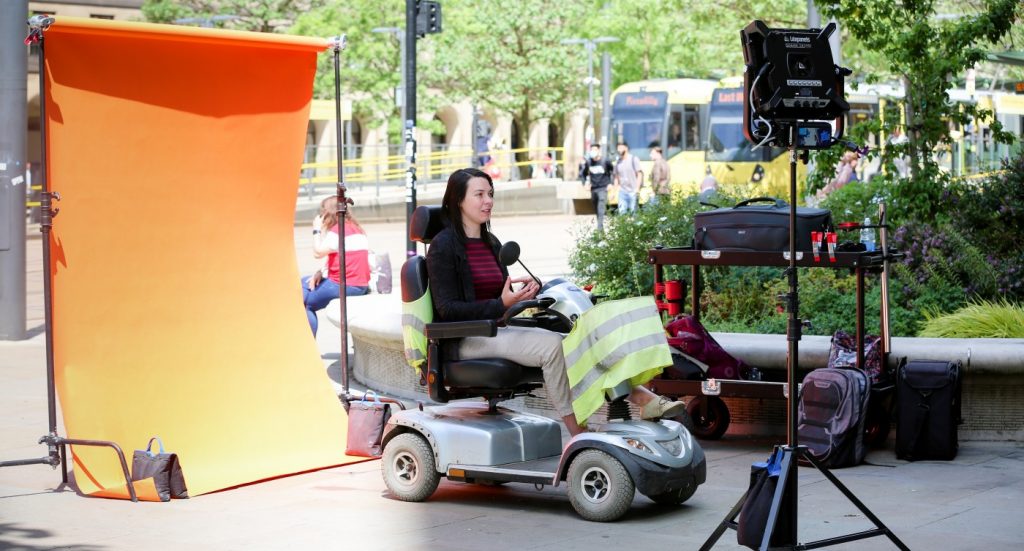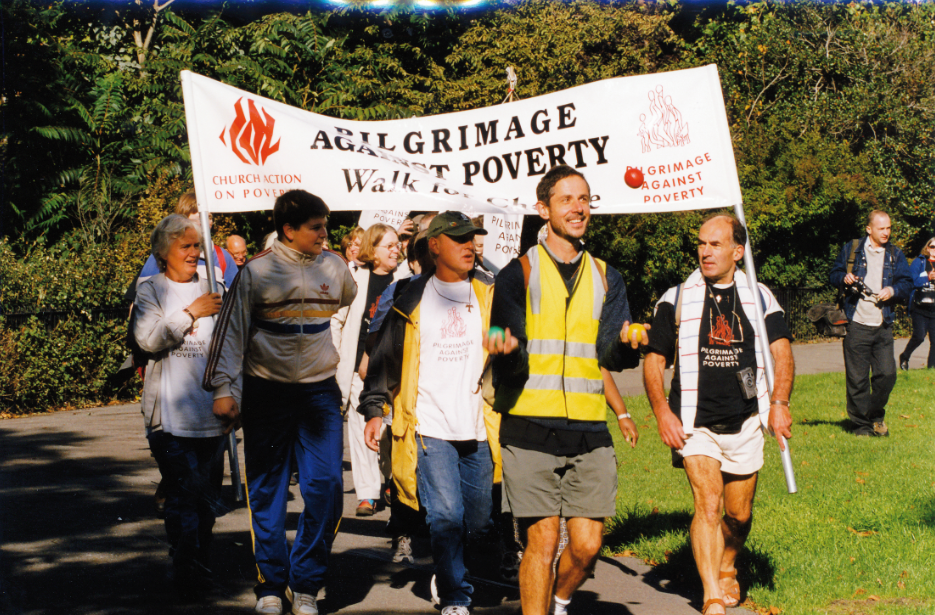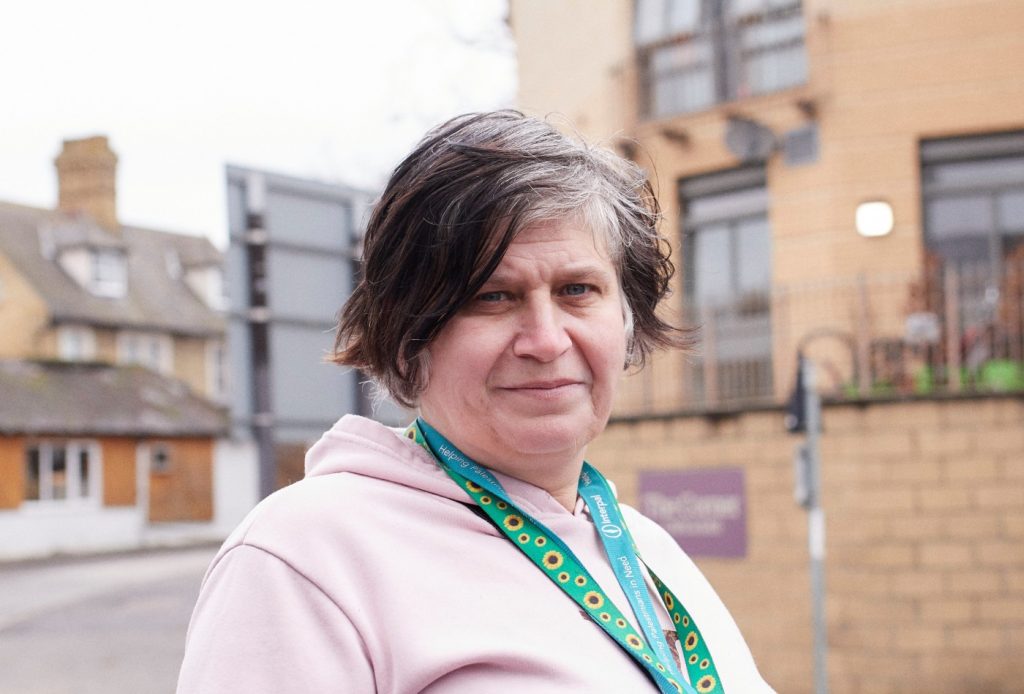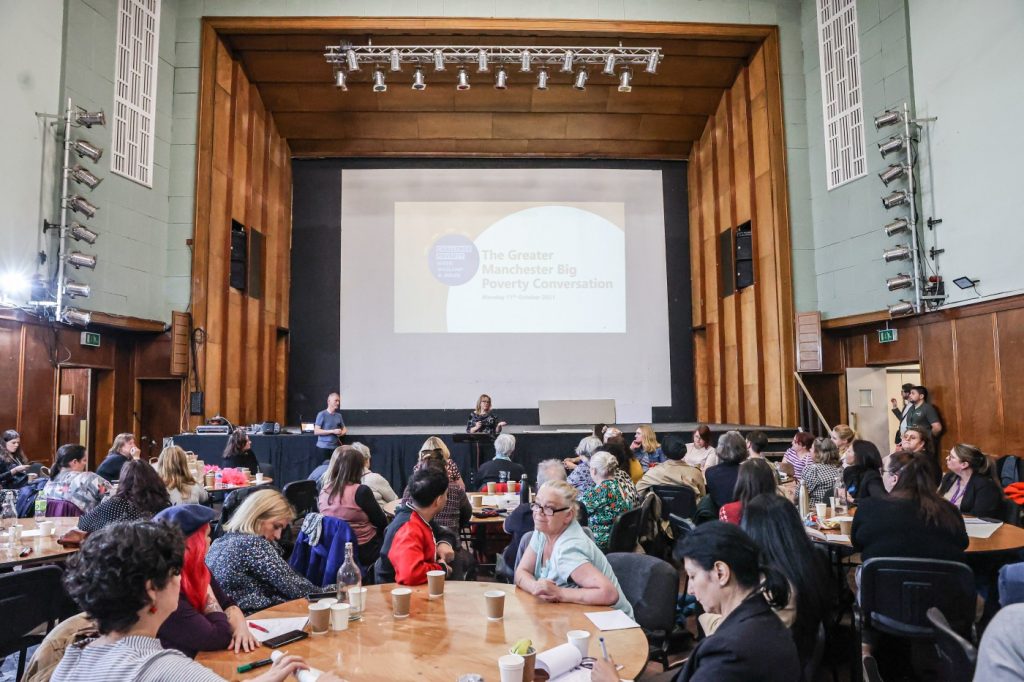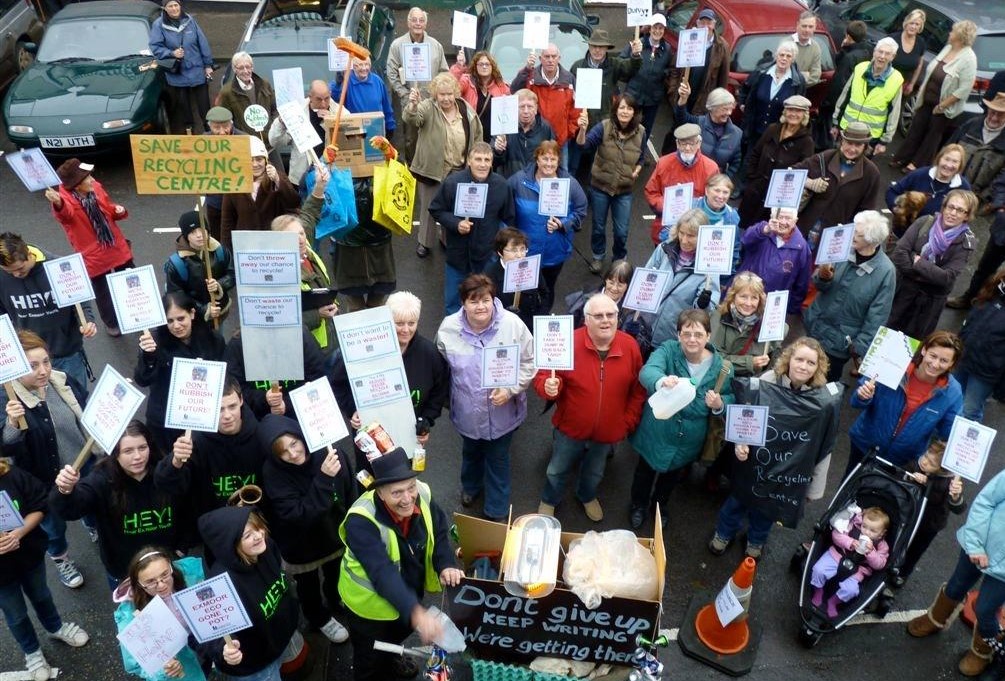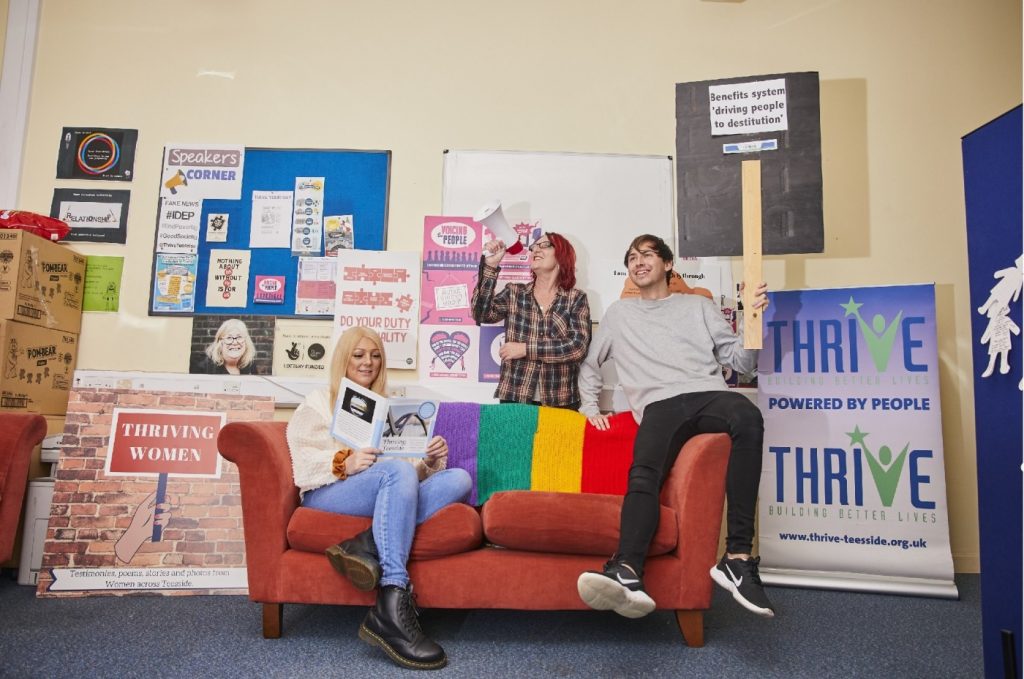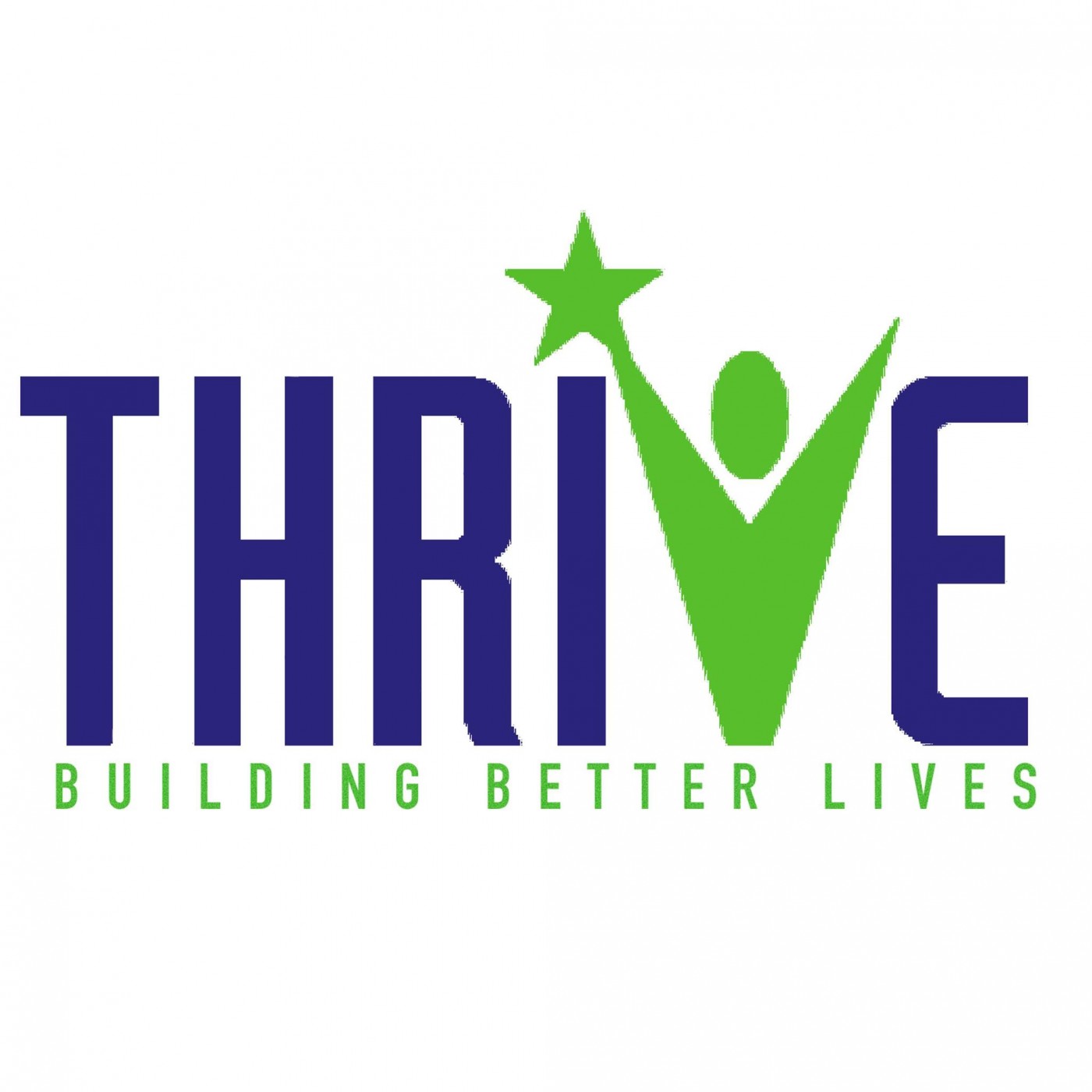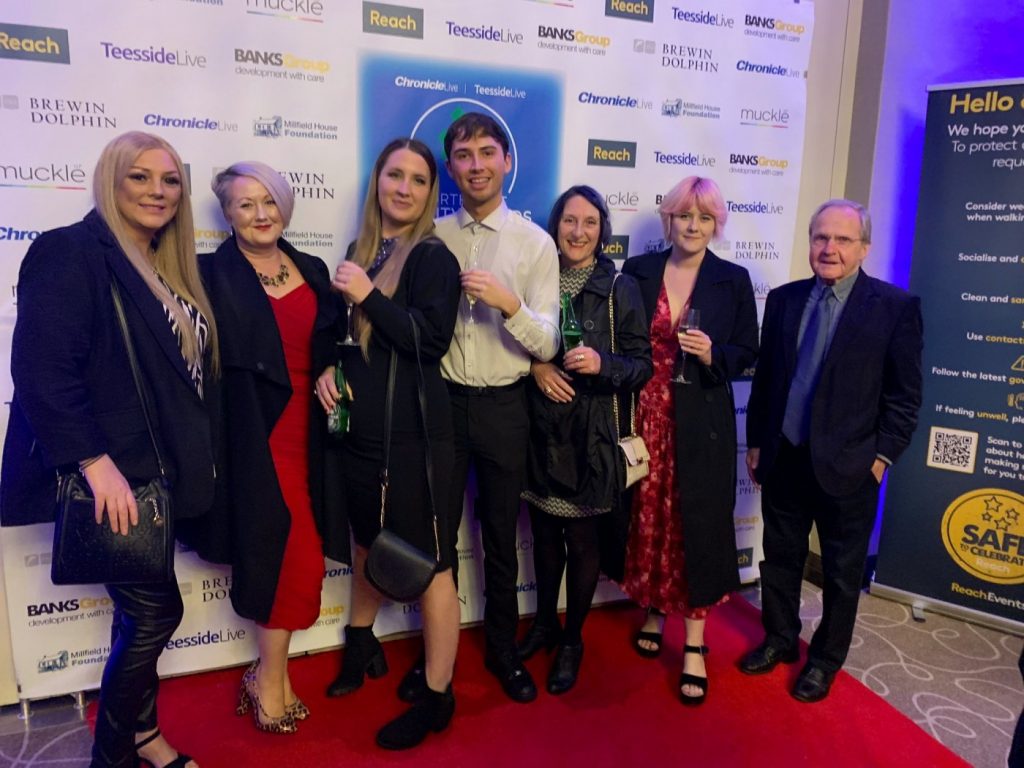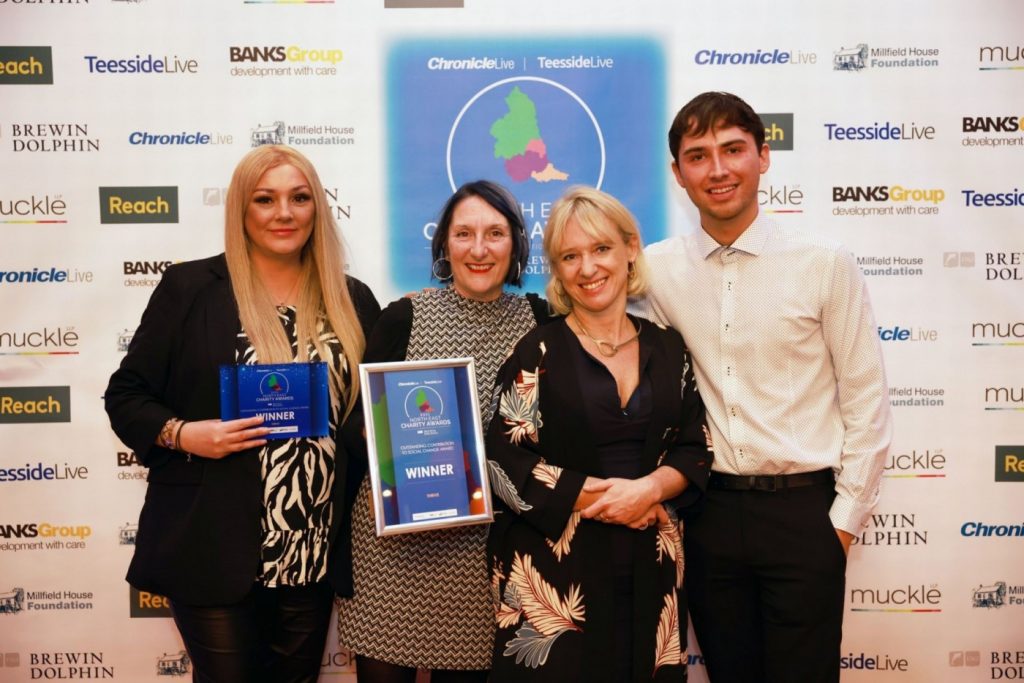Hope story: a united stand against hunger
Everyone should have access to good food. Nobody should need to go to bed hungry.
Those simple values were the driving force behind End Hunger UK, an inspiring and hope-filled campaign that brought together thousands of people from 2016 to 2019.
Throughout this year, we are telling the stories featured in the 2022 Dignity, Agency, Power calendar, and April takes us to this photo, from one of the campaign’s most uplifting events.
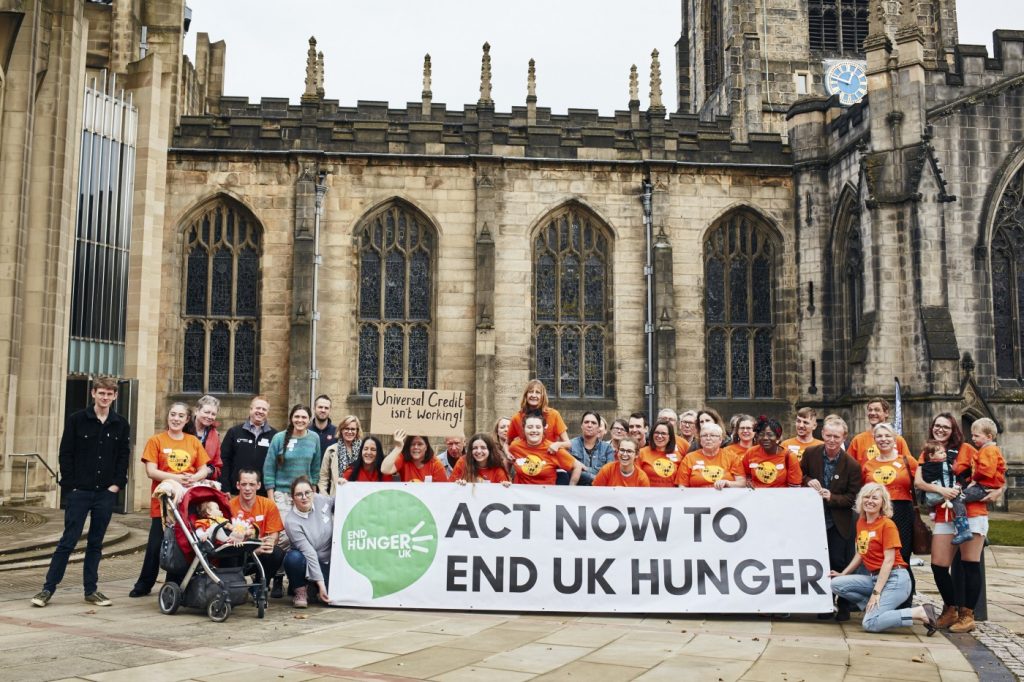
How the campaign began
The End Hunger UK campaign was born from an almost universal anger and discomfort. All over the country, people and communities had seen the sudden and very steep rise in food poverty. Hunger is not new, but the scale and extent of it, and the way in which food aid had become an alarmingly routine part of society, felt unprecedented.
Charities, church groups, researchers and groups of people all over the UK joined forces, to see if they could pool their resources and power.
Over the lifetime of the campaign, thousands of people took part, writing to politicians, taking part in days of action, lobbying for policy change and simply standing up to say that hunger is unacceptable in a wealthy country like this.
Joining forces and singing together
It was very deliberately a coalition campaign. We know we can make more progress when, instead of talking over each other at key moments, we sing in chorus together.
That was very aptly illustrated at a campaign launch event at Sheffield Cathedral, pictured here, when Britain’s first food bank choir led the calls for change.
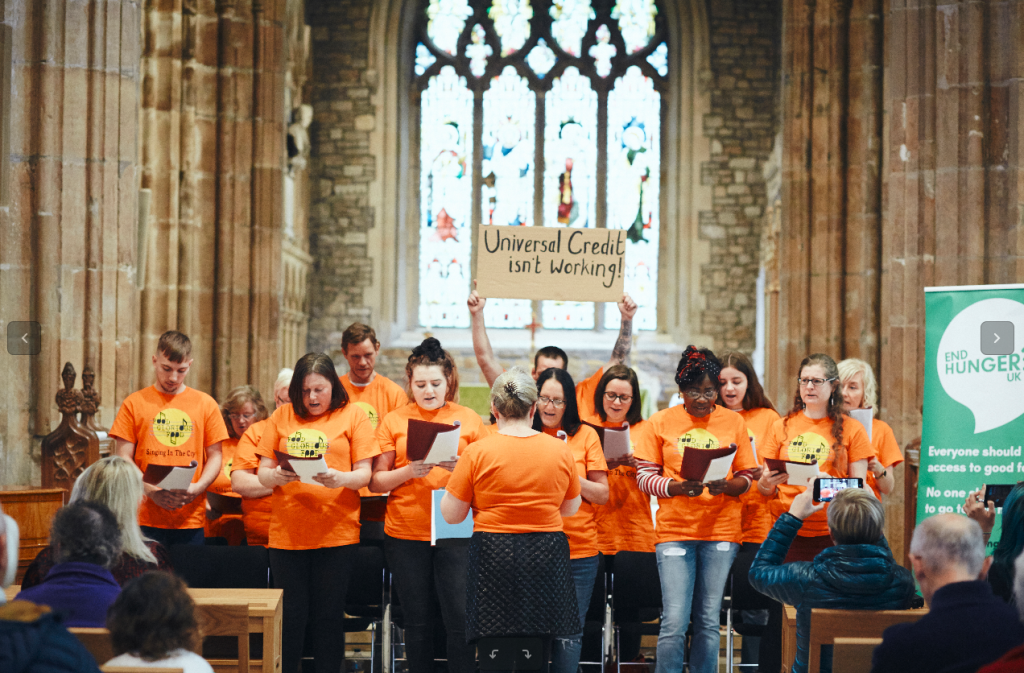
What we need in the long term
Lasting change requires Government leadership. Since this campaign, the pandemic and rising living costs have swept many more people into deep, deep difficulty. The need for Government action remains irrefutable.
What we need is a national strategy to end hunger by 2030, and we need a clear roadmap involving all Government departments, to guide all Government policy in the coming years.
Reasons to remain hopeful
That won’t be easy, but the widespread support for End Hunger UK and the dynamic way it engaged people give reasons for hope. As a result of the campaign, Westminster began funding support for low-income families during school holidays for the first time, and also agreed to finally begin monitoring household food insecurity, an essential foundation stone for any serious attempts to solve it.
Attempts to end hunger in the UK continue. Hundreds of thousands of people continue to volunteer in or donate to neighbourhood projects, and the case for lasting Government action continues to grow.
Everyone should have access to good food. Nobody should need to go to bed hungry.

Be part of a movement that’s reclaiming dignity, agency and power

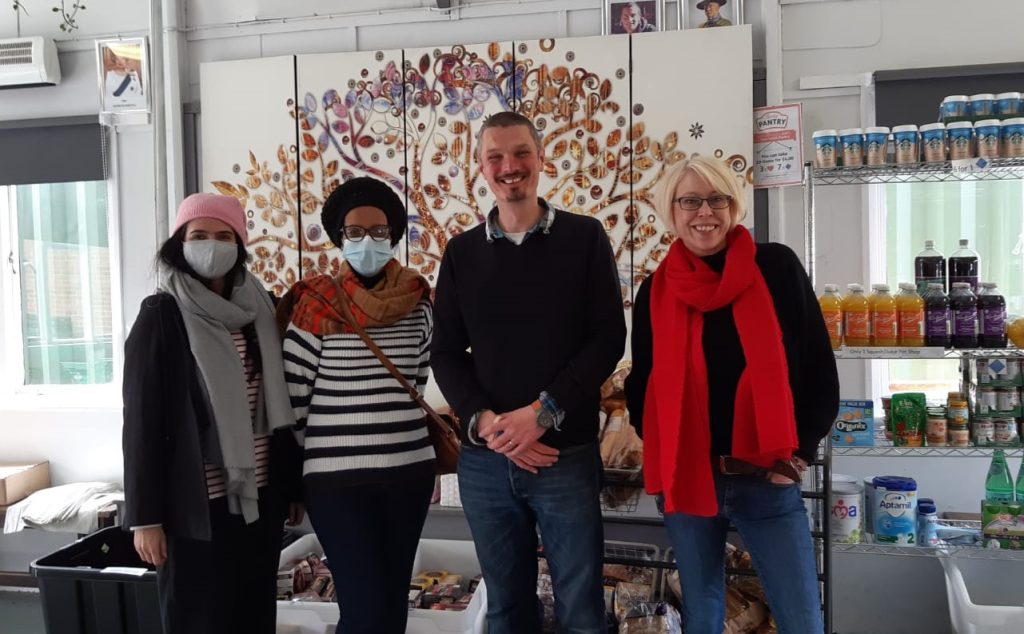

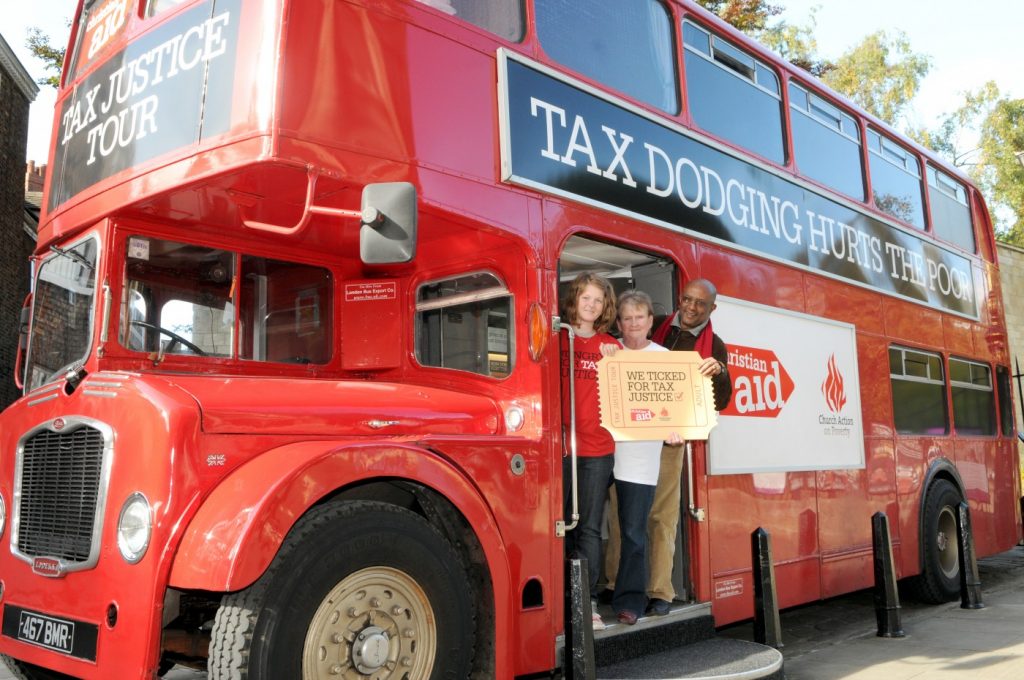
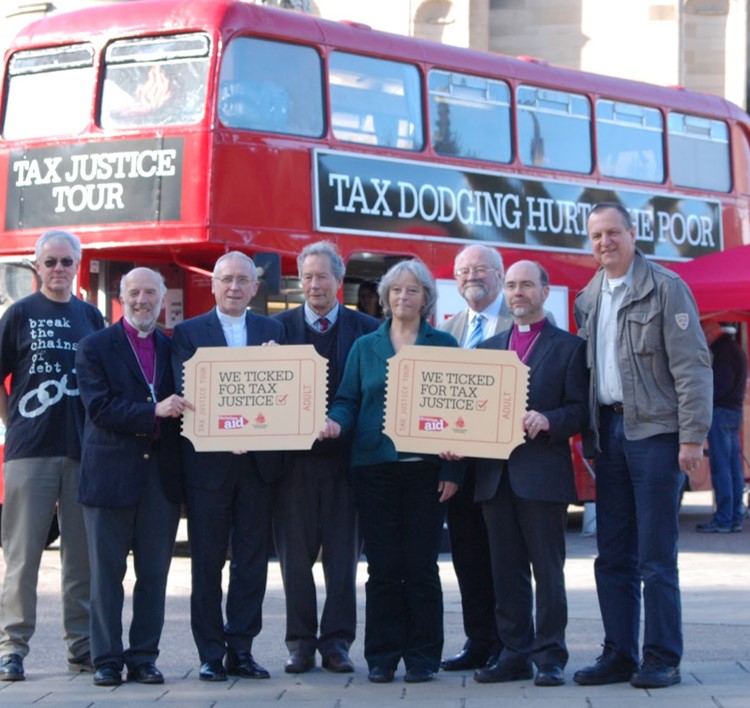
 In 2022, as we enter our 40th anniversary year, our vision remains the same: A UK free from poverty. We remain unrepentant in believing this should be the goal in one of the richest countries on the planet.
In 2022, as we enter our 40th anniversary year, our vision remains the same: A UK free from poverty. We remain unrepentant in believing this should be the goal in one of the richest countries on the planet. 
